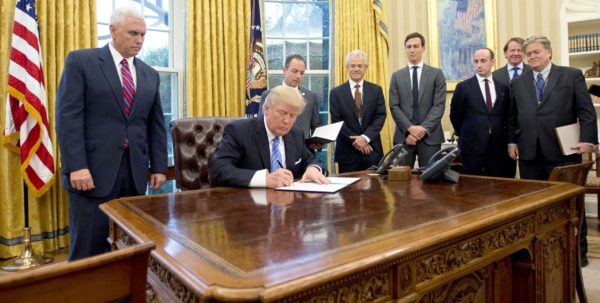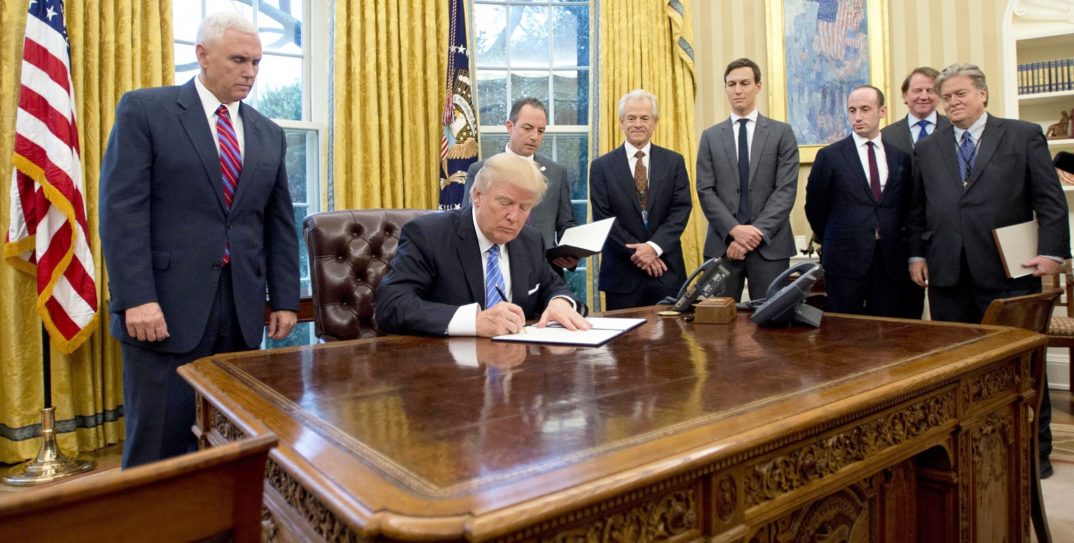
The US has become the first nation in the world to formally withdraw from the Paris climate agreement.
President Donald Trump announced the move in June 2017, but UN regulations meant that his decision only takes effect today, the day after the US election.
The US could re-join it in future, should a president choose to do so.
The Paris deal was drafted in 2015 to strengthen the global response to the threat of climate change.
It aims to keep the global temperature rise this century well below 2C above pre-industrial levels and to pursue efforts to limit the temperature increase even further to 1.5C.
The delay is down to the complex rules that were built into the Paris agreement to cope with the possibility that a future US president might decide to withdraw the country from the deal.
Previous attempts to put together a global pact on climate change had foundered because of internal US politics.
The Clinton administration was unable to secure Senate backing for the Kyoto Protocol, agreed in 1997.
So in the run up to the Paris climate talks, President Barrack Obama’s negotiators wanted to ensure that it would take time for the US to get out if there was a change in leadership.
Even though the agreement was signed in December 2015, the treaty only came into force on November 4,2016, 30 days after at least 55 countries representing 55% of global emissions had ratified it.
No country could give notice to leave the agreement until three years had passed from the date of ratification.
Even then, a member state still had to serve a 12-month notice period on the UN.
So, despite President Trump’s announcement in June 2017, the US was only able to formally give notice to the UN in November last year. The time has elapsed and the US is now out.
While the US now represents around 15% of global greenhouse gas emissions, it remains the world’s biggest and most powerful economy.
So, when it becomes the only country to withdraw from a global solution to a global problem it raises questions of trust.
US Issues First Written Notification on Paris Climate Change Agreement Pullout
G20 Final Agreement Acknowledges Donald Trump’s Withdrawal from Paris Climate Change Deal
Barack Obama: Paris Climate Deal Is World’s Best Chance
For the past three years, US negotiators have attended UN climate talks while the administration has tried to use these events to promote fossil fuels.
While on the campaign trail, Joe Biden said he would seek to re-join as soon as possible – if he was elected President.
Under the rules, all that is required is a month’s notice and the US should be back in the fold.
However, even if the US chose to re-enter the agreement, there would be consequences for being out – even for a few months.
President Trump made leaving Paris a key part of his election platform in 2016, tying it into his vision of a revitalized US with booming energy production, especially coal and oil.
Donald Trump’s perspective on the Paris agreement was that it was unfair to the US, leaving countries like India and China free to use fossil fuels while the US had to curb their carbon.
